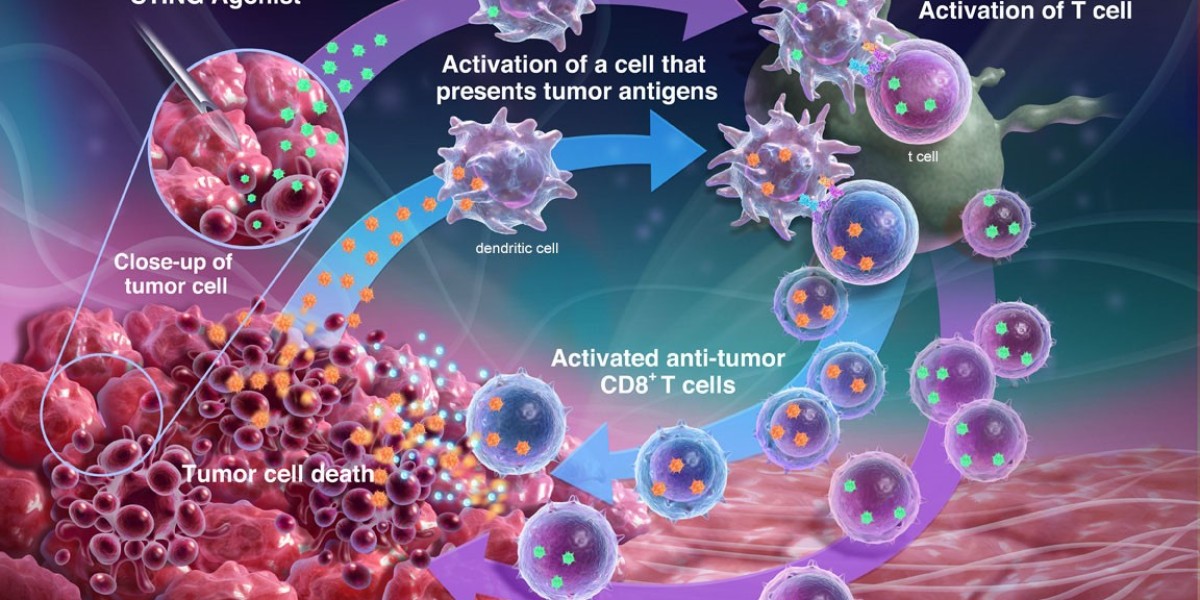This complex condition presents significant challenges for patients and healthcare providers alike, necessitating a comprehensive understanding of its symptoms, diagnosis, and management strategies on a global scale.
APS-1 primarily affects the endocrine system, leading to dysfunction and destruction of various glands, including the parathyroid, adrenal, and pancreatic glands. As a result, individuals with APS-1 may experience a wide range of symptoms, including hypoparathyroidism, adrenal insufficiency, diabetes mellitus, and autoimmune thyroiditis. Additionally, APS-1 is associated with non-endocrine manifestations such as chronic mucocutaneous candidiasis and ectodermal dystrophy, further complicating its clinical presentation.
Diagnosing APS-1 can be challenging due to its variable and overlapping symptoms, as well as its rarity. Healthcare providers must conduct a thorough clinical evaluation, including a detailed medical history, physical examination, and laboratory tests to assess endocrine function and autoimmune markers. Genetic testing can also aid in confirming a diagnosis of APS-1 by identifying mutations in the AIRE gene, which plays a crucial role in immune tolerance.
Once diagnosed, the management of APS-1 typically involves a multidisciplinary approach aimed at addressing the diverse array of endocrine and non-endocrine manifestations associated with the condition. Treatment strategies may include hormone replacement therapy to manage endocrine deficiencies, immunosuppressive medications to modulate autoimmune activity, and supportive care to address complications such as chronic infections and skin disorders.
Despite advances in understanding and managing APS-1, significant challenges remain, particularly regarding access to specialized care and resources for individuals living with this rare condition. Healthcare providers must collaborate closely with patients, families, and support networks to develop personalized treatment plans that address their unique needs and optimize long-term outcomes.
Moreover, raising awareness of APS-1 among healthcare professionals, policymakers, and the general public is essential to facilitate early diagnosis, improve access to care, and enhance quality of life for affected individuals. By sharing knowledge, promoting research, and advocating for resources and support services, the global community can make strides towards improving the lives of those living with APS-1.
In conclusion, APS-1 is a rare autoimmune disorder that poses significant challenges for patients, families, and healthcare providers worldwide. By gaining a deeper understanding of its symptoms, diagnosis, and management strategies, we can better support individuals living with APS-1 and improve their quality of life. Through collaboration, advocacy, and research, we can work towards addressing the unmet needs of the APS-1 community and advancing the field of autoimmune disease management on a global scale.
Get more insights on This Topic- Global Autoimmune Polyglandular Syndrome Type 1


